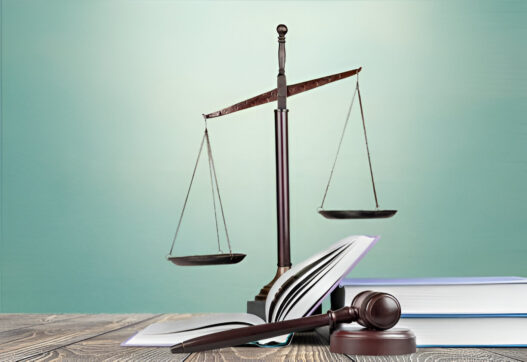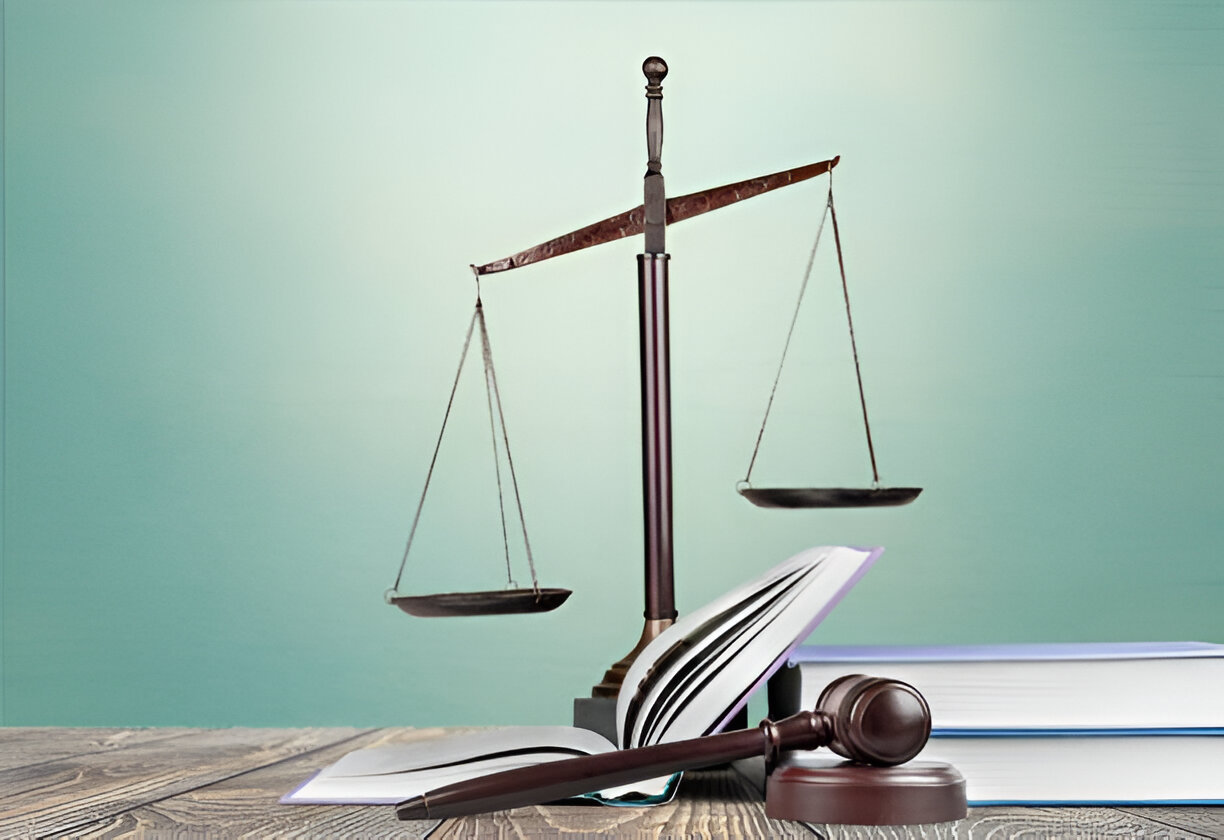The Legal Services Authorities Act, 1987, is a cornerstone of the Indian legal system, ensuring access to justice for all, especially the marginalized and vulnerable. This article addresses common questions about free legal aid, providing clarity on eligibility, services offered, and the process of availing these crucial resources.
What are Legal Services?
Legal services encompass a wide range of support mechanisms designed to ensure that no one is denied justice due to economic or social barriers. These services include:
-
Free Legal Aid: Providing free legal representation to those who meet specific eligibility criteria under Section 12 of the Legal Services Authorities Act, 1987.
-
Legal Awareness: Spreading legal literacy through awareness camps, print and digital media, and other outreach programs.
-
Lok Adalats: Organizing Lok Adalats for the amicable settlement of disputes through compromise and conciliation.
-
Social Action Litigation: Undertaking necessary steps through social action litigation to address matters of special concern to weaker sections of society.
-
Facilitating Entitlements: Helping individuals access benefits under government schemes, policies, and legislations.
Who is Entitled to Free Legal Aid?
The Legal Services Authorities Act, 1987, specifies the categories of individuals eligible for free legal services. These include:
-
Members of Scheduled Castes or Scheduled Tribes.
-
Victims of human trafficking or begar.
-
Women and children.
-
Mentally ill or otherwise disabled persons.
-
Victims of mass disasters, ethnic violence, caste atrocities, floods, droughts, earthquakes, or industrial disasters.
-
Industrial workmen.
-
Persons in custody, including those in protective homes, juvenile homes, or psychiatric hospitals.
-
Individuals with an annual income below ₹3 lakh for cases in courts other than the Supreme Court, and below ₹5 lakh for cases in the Supreme Court.
-
HIV positive persons or AIDS patients.
-
Transgender individuals.
What is Included in Free Legal Services?
Free legal aid provides comprehensive support to those who cannot afford legal representation. This may include:
-
Representation by an advocate in legal proceedings.
-
Payment of process fees, witness expenses, and other charges.
-
Preparation of pleadings, appeals, and other legal documents.
-
Drafting of legal documents and special leave petitions.
-
Supply of certified copies of judgments, orders, and other documents.
-
Advice and assistance to access welfare benefits and government schemes.
Is Free Legal Aid Confined to Subordinate Courts?
No, free legal aid is not limited to subordinate courts. It is available from the lowest court to the Supreme Court of India. Legal Aid Counsel represent eligible individuals in lower courts, High Courts, and the Supreme Court.
In What Kind of Cases Can I Apply for Free Legal Aid?
Any individual who meets the eligibility criteria under Section 12 of the Act is entitled to free legal services, provided the Legal Services Authority is satisfied that they have a genuine case to prosecute or defend. There is no restriction on the type of case.
Where Should I Approach to Seek Free Legal Services?
Depending on the territorial and subject matter jurisdiction of the case, individuals should approach:
-
Taluk Legal Services Committee (TLSC): Located in the premises of the court in that Taluk.
-
District Legal Services Authority (DLSA): Located in the premises of the District Court.
-
State Legal Services Authority (SALSA): For specific cases, panels are maintained at the state level.
-
High Court Legal Services Committee: For cases before the respective High Court.
-
Supreme Court Legal Services Committee: For cases before the Supreme Court.
Each DLSA, High Court Legal Services Committee, and SALSA has a front office where applications can be submitted. Applications can also be made online through the NALSA website or the websites of State Legal Services Authorities.
How Can I Apply for Free Legal Aid?
Applications can be made offline or online:
-
Offline: Fill out the application form available at the nearest Legal Services Authority and submit it physically or by post. A written application on a plain paper with necessary details can also be submitted.
-
Online: Apply through the NALSA website or the website of the State Legal Services Authority, uploading the necessary documents. Applications can also be sent via email to NALSA.
-
Orally: Para-legal volunteers or officers of the Legal Services Authority can assist individuals in filling out the forms.
What Information Do I Need to Furnish?
Along with the application, you must submit:
-
Identity proofs.
-
Certificates or affidavits proving eligibility under a specific category.
-
Income proof.
Is There Any Charge for Applying?
No, there is no charge for obtaining or submitting an application for free legal aid. Legal advice can be obtained by calling or visiting the office of the concerned Legal Services Authority.
What if the Person in Need is Illiterate?
Para-legal volunteers or officers of the Legal Services Authority can assist illiterate individuals in filling out the forms.
Is Legal Advice Available on a Toll-Free Number?
Yes, legal advice is available on the 24×7 toll-free helpline number 15100.
What is the Procedure After Submitting My Application?
The Legal Services Authority will review the application and take appropriate action, which may include:
-
Providing counseling or advice.
-
Assigning a lawyer to represent the applicant in court.
-
Forwarding the application to the relevant authority.
What Happens After My Application is Accepted?
The applicant will be informed about the assignment of a lawyer, and a letter of appointment will be issued to both the applicant and the lawyer. The lawyer will then contact the applicant.
What is the Average Processing Time?
A decision on the application for free legal aid is to be taken immediately and not more than 7 days from the date of receipt.
How Will I Be Notified of the Status of My Application?
Information about the status of the application is provided through:
-
Correspondence to the address provided in the physical application.
-
Tracking the application number on the online portal.
-
Email notifications for applications received through government departments or CPGRAM.
When Can Legal Aid Be Denied or Withdrawn?
Legal aid can be denied or withdrawn if:
-
The applicant is found ineligible under Section 12.
-
The applicant is found to possess sufficient means.
-
The applicant obtained legal services through misrepresentation or fraud.
-
The applicant does not cooperate with the Legal Services Authority or the assigned lawyer.
-
The applicant engages a lawyer other than the one assigned.
-
The applicant dies (except in certain civil proceedings).
-
The application or matter is found to be an abuse of the legal process.
Can I Appeal if Free Legal Services are Denied?
Yes, an appeal can be made to the Executive Chairman or Chairman of the Legal Services Institution, and their decision is final.
Whom Can I Approach if I Want to Complain Against a Legal Services Authority?
Complaints can be made to the higher authorities in the following hierarchy:
-
National Legal Services Authority (NALSA): Headed by the Chief Justice of India.
-
State Legal Services Authorities (SALSAs): Headed by the Chief Justices of the respective High Courts.
-
High Court Legal Services Committees: Headed by a sitting Judge of the High Court.
-
District Legal Services Authorities (DLSAs): Headed by a District Judge.
-
Taluk Legal Services Committees (TLSCs): Headed by a Senior Judge.
What if I am Unhappy with the Assigned Lawyer?
A formal complaint can be made to the Legal Services Authority that assigned the lawyer. The authority can withdraw the case from the lawyer and even remove them from the panel if their conduct is unsatisfactory.
Can I Choose a Lawyer of My Choice?
Yes, if the applicant expresses a preference for a lawyer on the panel, the Legal Services Authority can consider and allow the same.
Can I Get Only Legal Consultation?
Yes, any kind of legal service, including consultation, can be availed under free legal aid.
Can I Get Free Legal Aid at Any Stage of a Case?
Yes, free legal aid can be availed at any stage of a case, even at the appellate stage, if the applicant meets the eligibility criteria.
Do I Have to Incur Any Expenses?
No, expenses like process fees, drafting fees, typing fees, and lawyer fees are borne by the Legal Services Institutions.
What are the Timings of Legal Services Authorities?
DLSAs are generally open from Monday to Saturday, 10:00 am to 5:00 pm. Online applications can be filed at any time.
Does DLSA Only Provide Legal Aid?
No, DLSAs also spread legal literacy, conduct legal awareness camps, and facilitate access to government schemes and alternative dispute resolution mechanisms.
Can External Agencies Participate?
Yes, external agencies can partner with DLSAs to disseminate legal literacy and awareness.
Does DLSA Work with Persons in the Community?
Yes, DLSAs engage para-legal volunteers from the community to act as a bridge between the authorities and the public.
Does DLSA Associate Students in Legal Services Activities?
Yes, legal aid clinics in schools provide legal education to students and access to justice in the community.
The Legal Services Authorities Act, 1987, provides a robust framework for ensuring that legal aid is accessible to all, especially the most vulnerable. By understanding the eligibility criteria, the services offered, and the process of availing legal aid, individuals can effectively navigate the legal system and secure their rights.




